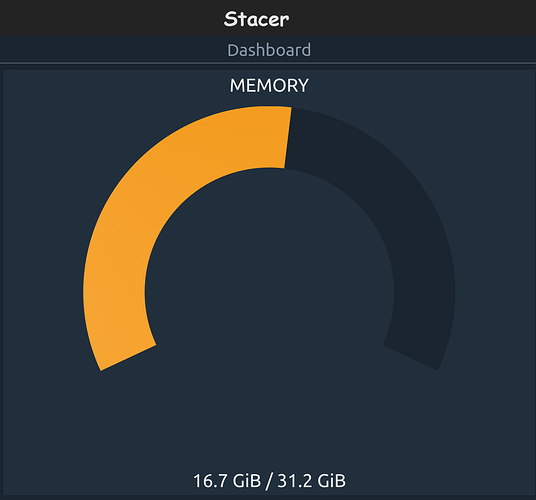Yes, I must admit that XFCE performance wise, is faster. XFCE is also more customisable out of the box without needing extensions added. Having said that, I found Zorin's version of Gnome easier to use, and all I needed was a few extensions to make it better for me, some of which already came with Zorin BTW.
But as it has been said here and I infact agree with, gnome is indeed resource heavy, and becomes slow overtime. After my computer runs for awhile, I get a noticeable every 1-second frame stutter, when watching videos online, (most noticeable in panning shots) or while dragging windows around on the desktop.
The only fix I ever found, was a temporary one, and that is to reload the desktop, using this command...
ALT F2 R
I've done multiple web searches online to find a fix to the frame stutter, but I never found a solid solution. I don't think anybody on Linux knows whats causing it or how to fix it permanently. But I can tell you this much, its got to be a Gnome or Ubuntu thing, cause I don't remember having this issue on XFCE Zorin OS Lite.
I will never deny how resource heavy Gnome is, and thats why Gnome is not perfect. I may like using it for the most part, but that doesn't mean its the best, absolutely not. I have screenshot evidence of its high usage.
That was taken just now!
Here is my system uptime in correlation to when that screenshot was just taken.

And here are the biggest memory offenders!
All these screenshots were taken just now, they are not old ones.
So what does this tell you? While I do appreciate parts of Gnome, its not the best performing out there, not by a long shot. If you have a high performing CPU/GPU like mine, and you have a good amount of RAM as well, Gnome is doable. Just be aware, you will have to restart your PC eventually, cause that RAM will keep filling up.
The last time I used Zorin OS Lite, I seem to remember it only using 1.5GB of RAM out of the box, and maybe up to 6GB on high usage applications, if even that! And the performance of LITE/XFCE was indeed faster. But the issue I had, was not being able to do certain things on Lite.
Its been years, so I can't remember exactly, but for some reason I couldn't get gaming to work for me on that OS. It was 4 years ago folks, can't expect me to remember exactly what it was as to the cause. And maybe whatever issue I had, has been fixed by now IDK. But I still have Lite on the other NVME internal drive, as a fallback incase I need.
Anyways, no OS is perfect folks, there is no such thing as perfect, heck, the universe isn't even perfect, you know the chaos that goes on out there, the universe is crazy, and beautiful too. At the end of the day, one has to choose the OS that is right for them.
If you have a low performance old computer, choose Lite, XFCE can breath new life into a 20 year old PC! But if you have a modern computer like mine or newer, with great performance, lots of RAM, no reason why Gnome/Ubuntu can't work for you in that case.


